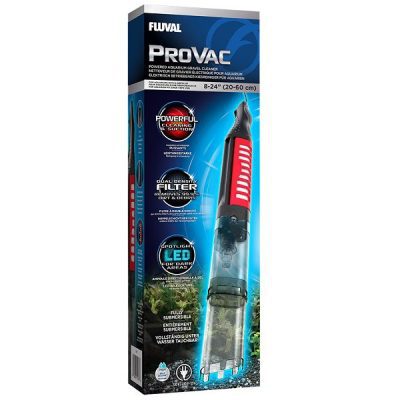Basic Puppy Training
Who doesn’t love puppies? Who doesn’t love watching a new little Doggy running around and causing mayhem? Well, we think it’s safe to say that a few people do but does that necessarily mean they’re ready for the responsibility of looking after one?
Do’s & Don’ts
- Do be sure your puppy comes with the correct paperwork; this should consist of a vaccination certificate which must be completed in full and/or ideally a health report from a vet. If you are buying a pedigree puppy, you should be given a KC registration certificate and any copies of health test certificates and results from your puppy’s parents.
- Do ask how many puppies were in the litter and what sort of health issues can affect the breed.
- Do ask where the puppies have been raised. Look for the bowls, toys, and bed. Not there? Then the puppy may well have been raised elsewhere.
- Do ask about their socialisation and what they have experienced in their lives so far.
- Do ask about the puppy’s mother. How many litters has she had? Does or did she have any health problems? Find out her name and call her to see if she responds. But be aware, if the puppies are still very young she may be protective.
- Don’t purchase from someone who asks to meet you other than where the puppies are being raised. This is typical for unregulated websites and classified advertisements for puppy farms.
- Don’t buy if the puppies are raised in a dirty facility. Critical and distressing canine diseases can emerge once your puppy is home.
- Don’t make a pity purchase. You aren’t rescuing a puppy; you are funding this activity and laying the way for the next litter.
Choosing Your Puppy
Matching a pet to your lifestyle is essential for the happiness of both you and the animal. So if you’ve decided a dog is right for you, firstly think whether you want purebred or a crossbreed. Some dogs require much more food, exercise, grooming, space, and mental stimulation than others, and it is important that you research what health tests your chosen breed or crossbreed should have before getting a puppy. If you opt for a pedigree puppy, attend shows and talk to breeders, meet the breed and get the essential information on temperament, cost and specific requirements first. The Pet Charity recommends visiting shows such as Discover Dogs and Crufts.
In recent years there has been a surge of interest in ‘designer’ crossbreeds, such as the ‘Labradoodle’ and ‘Cockapoo’. These crossbreeds are often bred by breeders who are profiteering from these fashionable dogs and may also falsely advertise these puppies as Kennel Club registered. Breed-related illnesses have yet to be established for these pets and potential owners are more at risk to commercial puppy farmers.
Socialisation
Dogs can be a wonderful addition to the family but are highly important that your pet is trained and socialised correctly to avoid any undesirable health and behaviour problems. The Pet Charity guide to Training & Socialisation is a must read before getting a puppy, which can be found online at www.thepetcharity.org.uk if your pet shop doesn’t have it available.
A puppy should not be removed from its mother before the age of eight weeks, so do not be tempted to take a puppy younger than this, even if offered. This time with its mother and siblings is vital for socialisation and long-term health. The mother will pass on essential antibodies to her puppies in the first few days of life and she also teaches behaviour, both of which are essential if you want a healthy, well-balanced dog.
Socialisation begins at birth and is on-going up to 16 weeks of age, therefore it is very important to introduce puppies to children, noises, household objects and other dogs to avoid anxieties later in life. The Puppy Socialisation Plan is a free online weekly step-by-step guide to getting your puppy ready for their new life as a family pet.
Health Care
When you bring your puppy home, it should be at least 8 weeks old and should have received its first set of vaccinations. It is usually your responsibility to ensure your pet receives its second dose of essential vaccinations, although sometimes a breeder will do this for you.
Puppies typically have their first vaccination at around 8 weeks of age, followed by a second dose 3-4 weeks later. It can take up to four weeks for your puppy’s vaccinations to be fully functional after their second dose, and therefore they should not be allowed to meet unvaccinated dogs until this time. If in doubt, you should consult your vet.
When choosing your puppy, you should be allowed time to handle it – a puppy shouldn’t be weak, coughing or sneezing. If it is small for its age (check the siblings), shows signs of diarrhoea or straining to toilet, any hair loss, fleas or discharge (from eyes, ears or nose) then it is at the least unfit and may be unwell. All puppies are different, but they generally react well to a loving owner; a severely nervous puppy (not making eye contact, shivering in the corner or unwilling to be held) has missed vital socialisation.
The information that was used for this blog was from The Pet Charity
We hope you found this information helpful and informative. If you would like to read more from our blog just click here.










